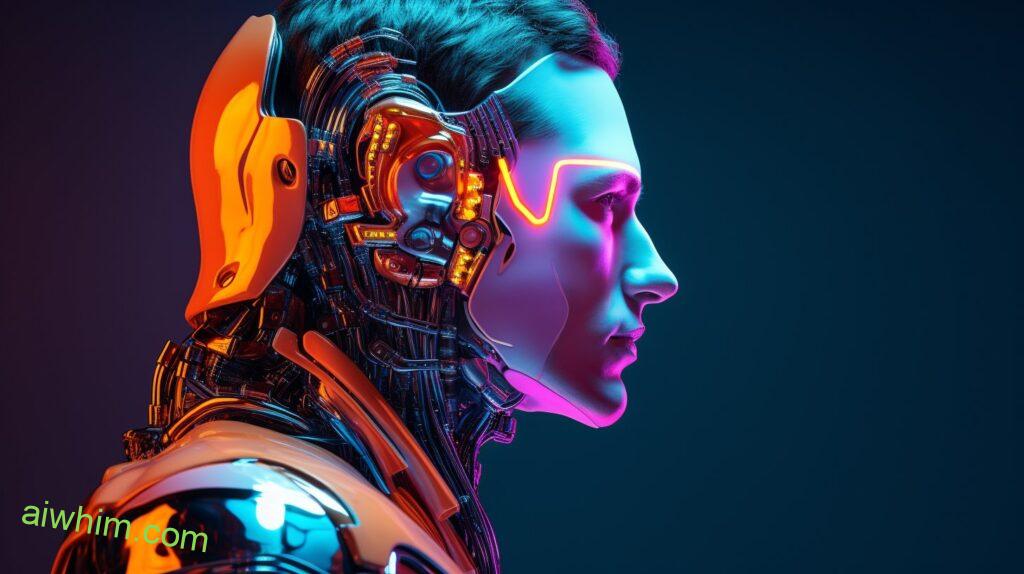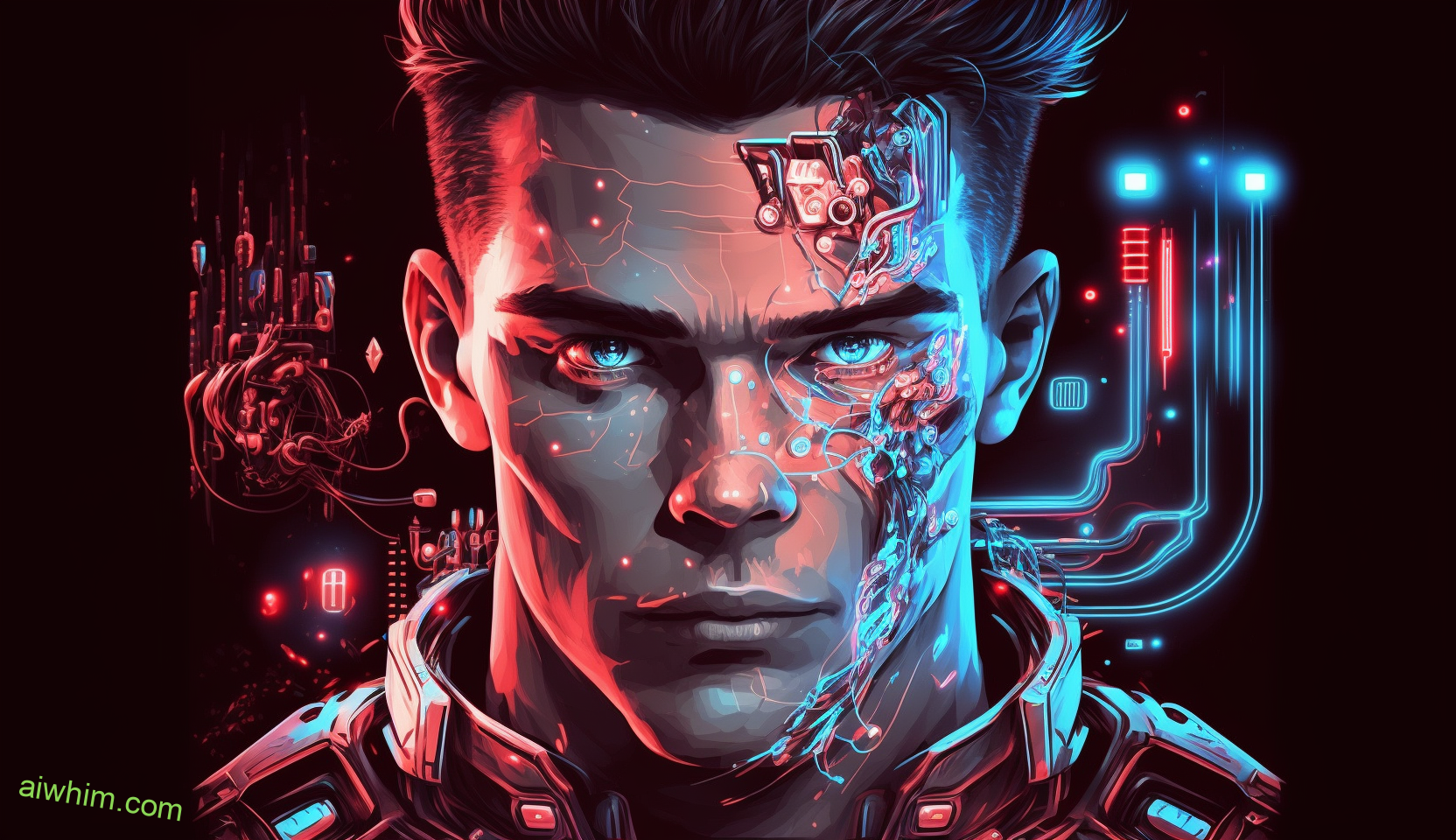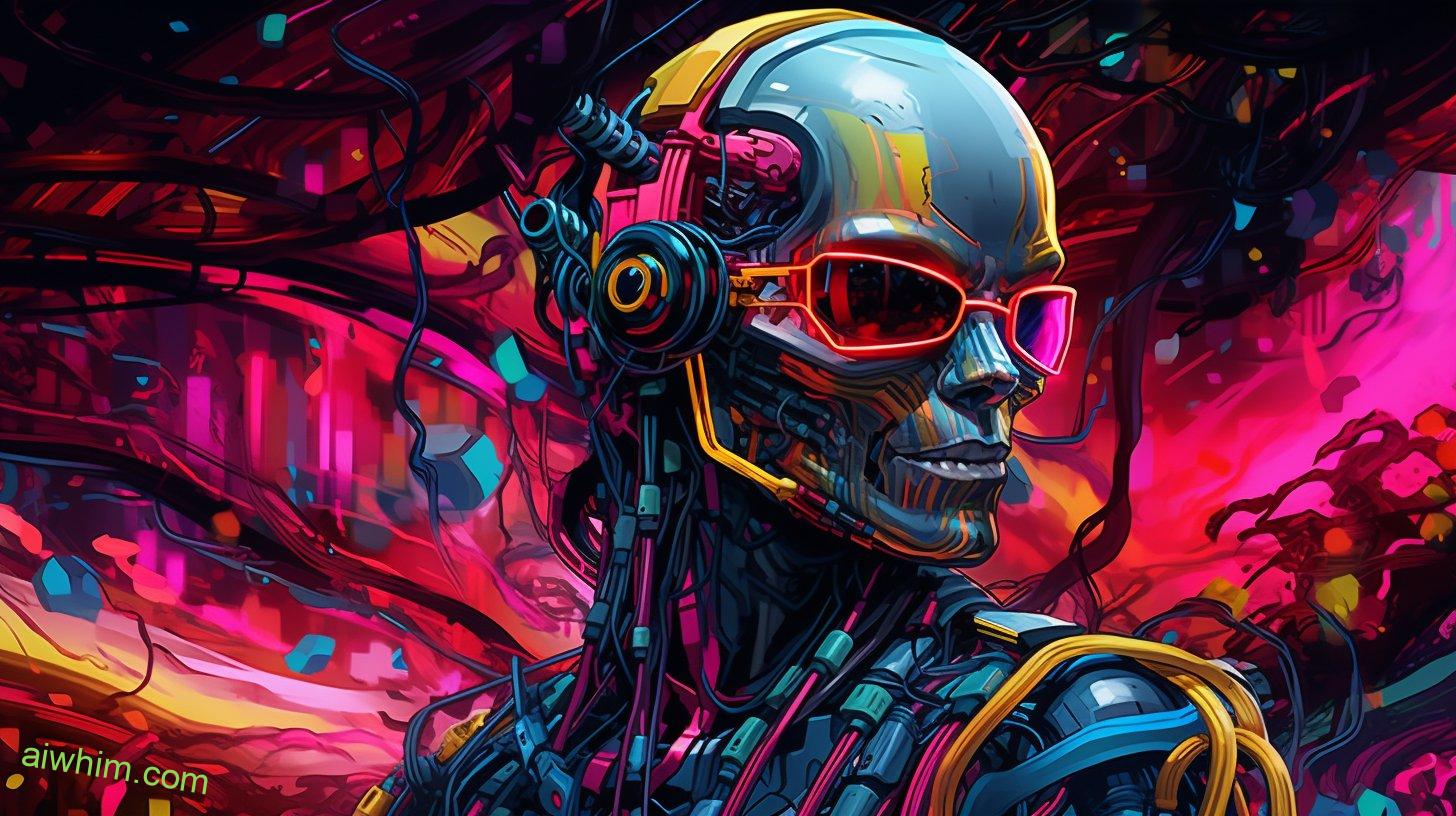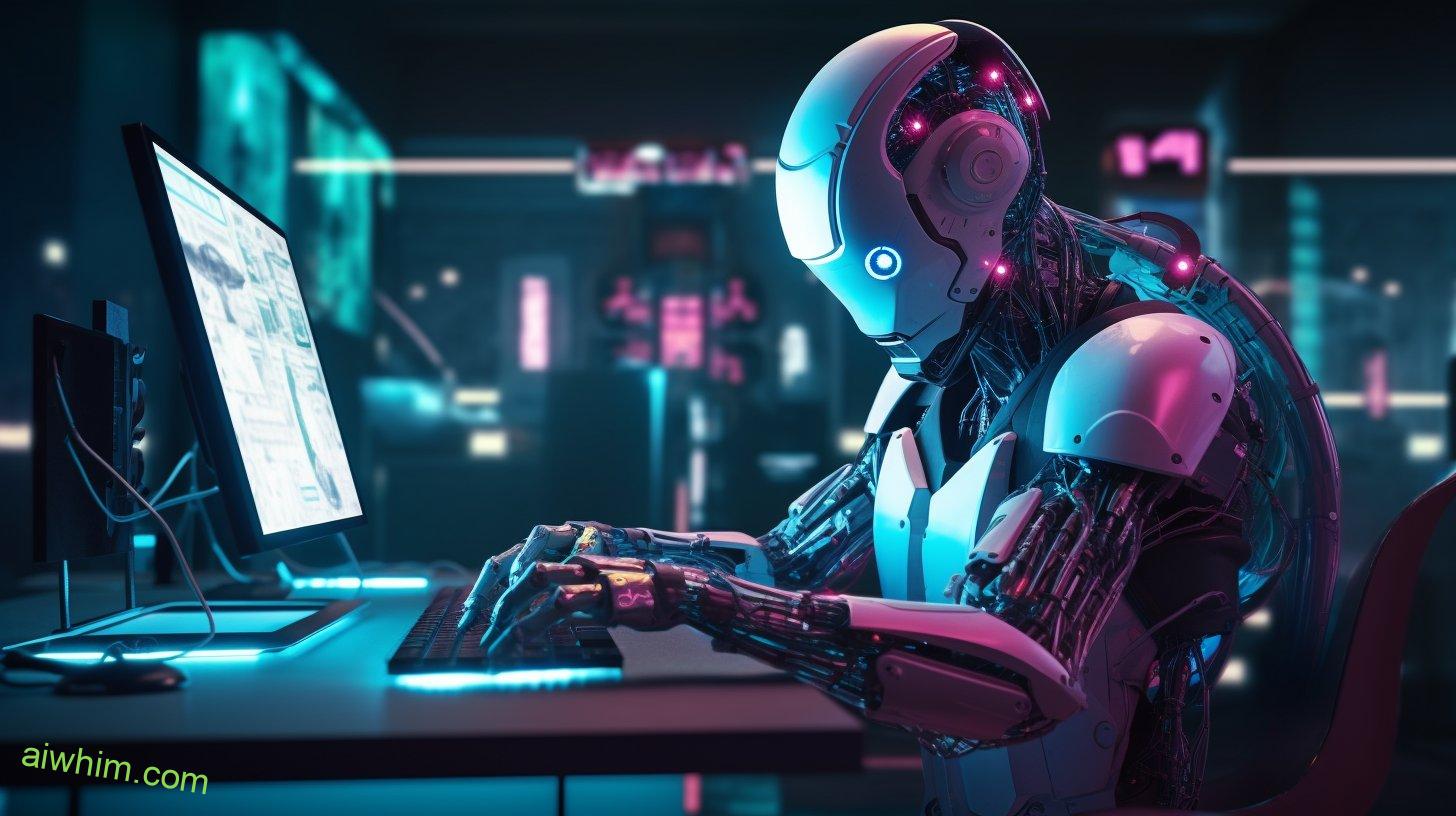Imagine a world where AI algorithms can outshine coaches and scouts in the realm of sports. It may seem far-fetched, but with rapid advancements in technology, this scenario is becoming increasingly plausible.
Can these algorithms truly surpass the expertise and intuition of human coaches and scouts? In this article, we delve into the potential of AI algorithms to revolutionize the sports industry, while exploring the balance between human expertise and the power of AI technology.
Get ready to question the status quo and embrace the possibilities of an AI-driven future.
Key Takeaways
- Rise of AI algorithms in sports has enabled the analysis of player performance and accurate predictions, potentially surpassing the capabilities of coaches and scouts.
- Coaches and scouts possess expertise and experience in player evaluation, but technology has revolutionized the process with advanced analytics.
- AI algorithms analyze diverse data sets including player statistics, biomechanical data, and video footage to provide valuable insights.
- Ethical implications arise from the potential bias and lack of transparency in AI algorithms, necessitating the importance of diverse data sets and regular evaluation to address these concerns.

The Rise of AI Algorithms in Sports
You might be surprised by the rise of AI algorithms in sports and their potential to outperform coaches and scouts. With advancements in technology, artificial intelligence is now being used to analyze player performance and make predictions. However, it’s crucial to consider the ethics of using AI algorithms in sports.
One of the main concerns is the potential bias in AI algorithms for player evaluation. These algorithms are trained using historical data, which means they can unintentionally perpetuate existing biases and stereotypes. For example, if past data shows that certain demographics have performed better in a particular sport, the algorithm might prioritize those players over others, regardless of their actual capabilities. This can lead to unfair treatment and discrimination.
Another ethical consideration is the lack of transparency in how AI algorithms make decisions. Coaches and scouts have years of experience and knowledge that they use to evaluate players. Their decision-making process is often based on a combination of objective data and subjective observations. On the other hand, AI algorithms work on complex mathematical models and calculations, making it difficult for individuals to understand why certain decisions are made. This lack of transparency raises questions about accountability and the potential for biased outcomes.
In order to address these ethical concerns, it’s important to ensure that AI algorithms are developed and trained with diverse data sets that accurately represent the population. Additionally, there should be mechanisms in place to regularly evaluate and update these algorithms to minimize bias. Transparency and explainability should also be prioritized, so that coaches, scouts, and athletes can understand and trust the decisions made by AI algorithms.
While AI algorithms have the potential to enhance player evaluation in sports, it’s essential to navigate the ethical implications associated with their usage. By addressing potential biases and ensuring transparency, we can harness the power of AI to benefit the sports industry while promoting fairness and equality.
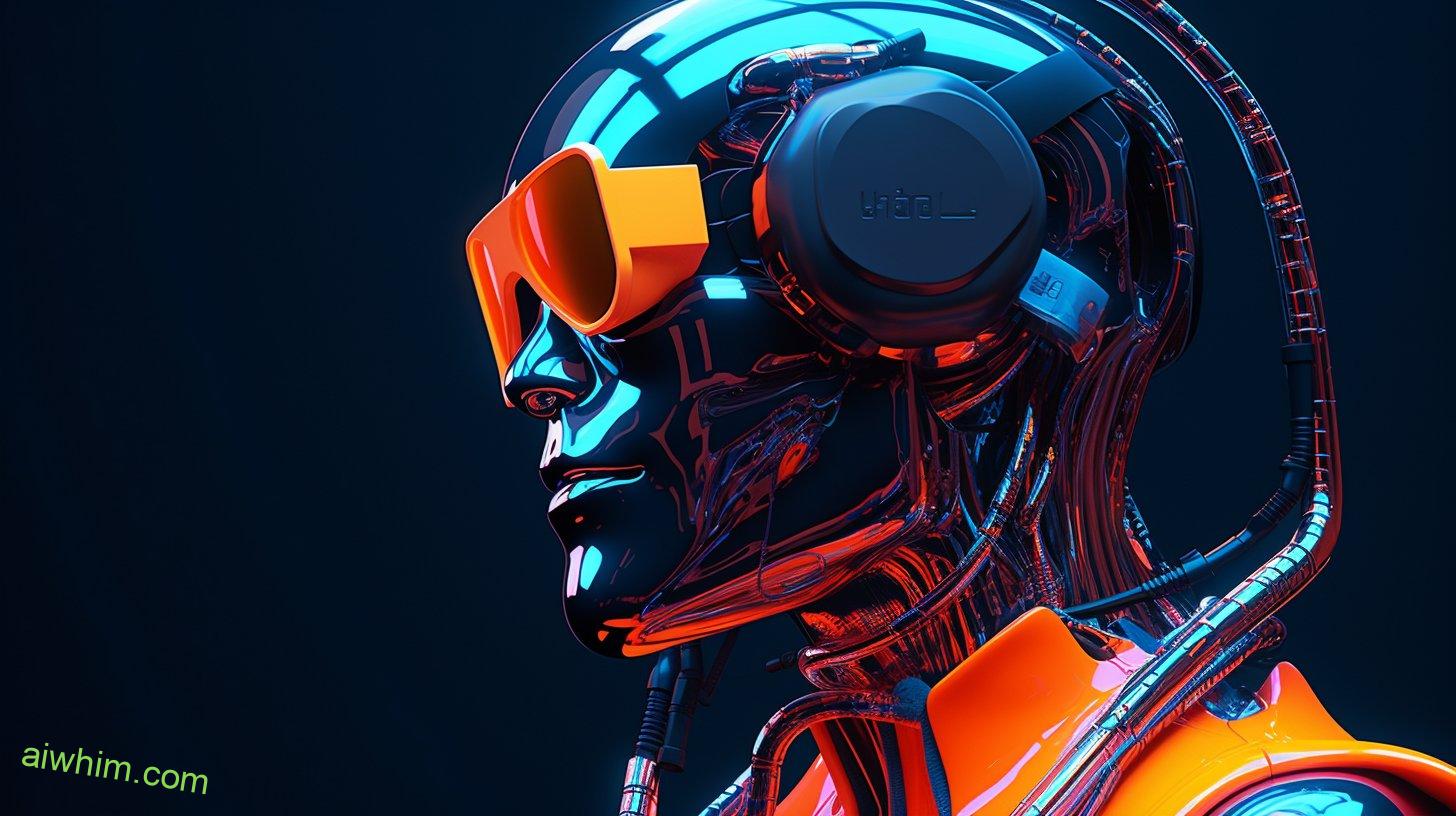
The Role of Coaches and Scouts in Player Evaluation
When it comes to player evaluation, coaches and scouts play a crucial role in assessing talent. As a sports enthusiast, you understand the importance of their expertise and experience in identifying potential star athletes. While technology has undoubtedly made its way into the world of sports, the role of coaches and scouts remains vital.
In today’s era, the role of technology in player evaluation can’t be overlooked. Advanced analytics and data analysis have become integral tools for coaches and scouts. These technological advancements provide valuable insights into a player’s performance, helping them make more informed decisions. From tracking player statistics to analyzing game footage, technology has revolutionized the way coaches and scouts evaluate talent.
Data analysis, in particular, has become increasingly important in player scouting. Coaches and scouts can now access a wealth of information on players, including performance metrics, injury history, and even psychological assessments. By analyzing this data, they can identify patterns, strengths, and weaknesses, enabling them to make more accurate assessments of a player’s potential.
However, it’s important to note that technology can never fully replace the human element in player evaluation. Coaches and scouts possess a deep understanding of the game, honed through years of experience and observation. They can recognize intangible qualities like leadership, work ethic, and mental toughness that may not be apparent in the numbers.
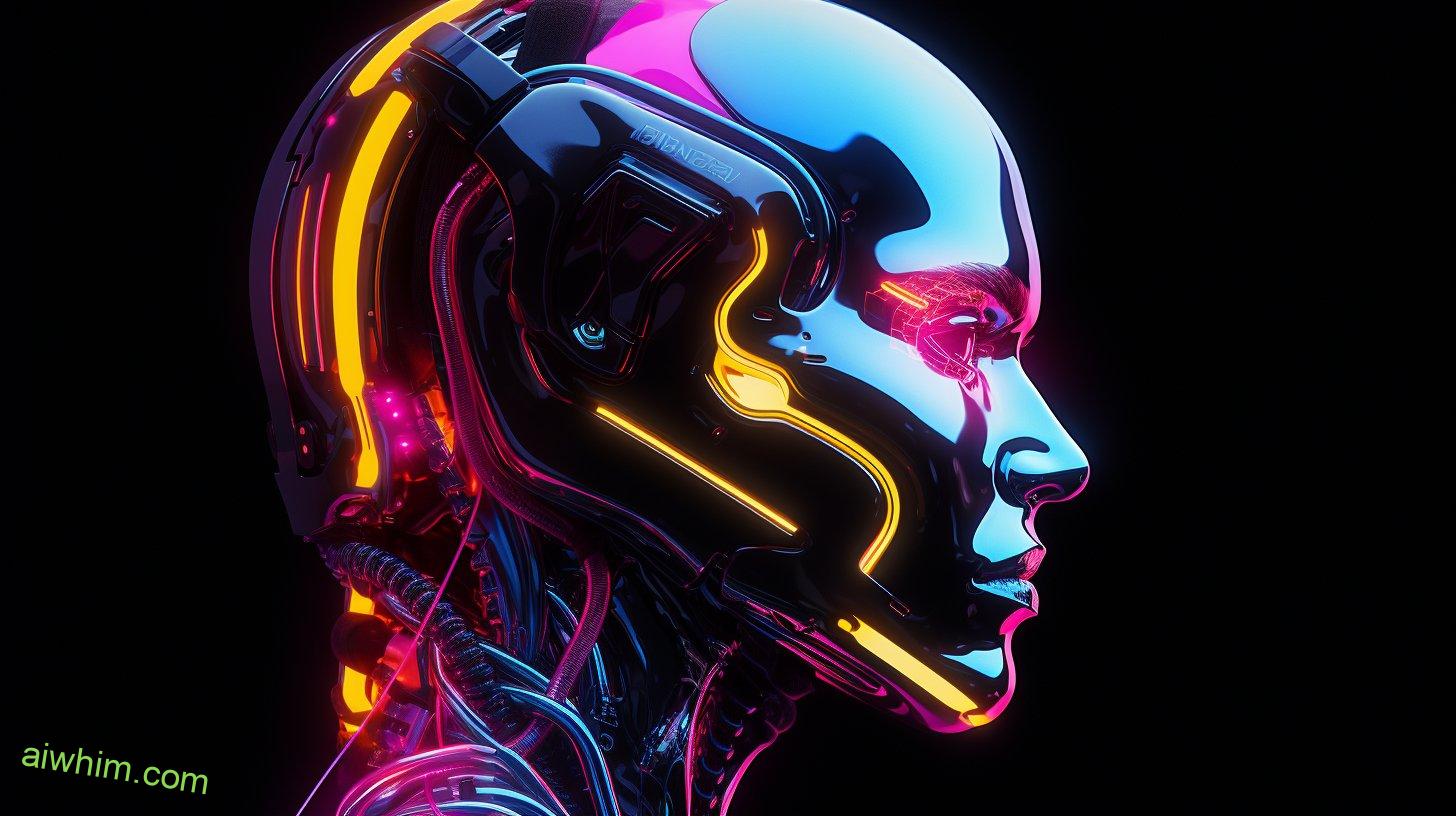
Understanding AI Algorithms in Sports Analytics
Understanding how AI technology is revolutionizing sports analytics can provide valuable insights into player performance and strategic decision-making. With the advent of AI algorithms in player development, the landscape of sports analytics has undergone a significant transformation.
Gone are the days when coaches and scouts solely relied on their intuition and experience to evaluate players. AI algorithms have now emerged as powerful tools that can analyze vast amounts of data and uncover patterns and trends that humans may miss. These algorithms utilize machine learning techniques to process and interpret data, enabling them to make accurate predictions and recommendations. They can analyze player statistics, biomechanical data, and even video footage to evaluate performance and identify areas for improvement. This level of analysis goes beyond what a human coach or scout can do, providing a more comprehensive and objective assessment of player abilities.
However, the integration of AI algorithms in sports analytics raises ethical concerns. Coaches and scouts aren’t only responsible for evaluating player performance but also for shaping and guiding their development. The use of AI algorithms can potentially undermine the human element of coaching, leading to a loss of personal connection between coaches and players. Moreover, there are concerns about the fairness and transparency of AI algorithms, as they may perpetuate biases and inequalities in player evaluation.
As we embrace the advancements in AI technology, it’s crucial to strike a balance between its use and preserving the human touch in sports. Coaches and scouts should view AI algorithms as complementary tools rather than replacements. By leveraging the insights provided by AI algorithms, coaches can make more informed decisions and tailor their coaching strategies to meet individual player needs. Ultimately, the ethical implications of using AI algorithms in sports analytics need to be carefully considered to ensure a fair and unbiased evaluation of players while maintaining the freedom and creativity that sports embody.

Can AI Algorithms Predict Player Performance?
Can AI algorithms accurately predict player performance in sports analytics?
You might be wondering if these algorithms can really live up to the hype. Well, let me tell you, the accuracy of AI algorithms in predicting player performance is truly remarkable. These algorithms have the power to analyze vast amounts of data, from player statistics to game footage, and extract valuable insights that even the most experienced coaches and scouts might miss.
Imagine a world where AI algorithms can accurately predict how well a player will perform in a game or even how likely they’re to sustain an injury. This information could revolutionize the way teams make decisions, from drafting players to creating game strategies. The accuracy of these algorithms is a testament to the power of technology in the world of sports.
Gone are the days of relying solely on human intuition and gut feelings. With AI algorithms, you can have confidence in making data-driven decisions. These algorithms can identify patterns and trends that humans might overlook and provide objective analysis that’s free from bias or personal preferences.
Of course, AI algorithms aren’t infallible. They’re only as good as the data they’re trained on and the models they use. However, with advancements in technology and machine learning, these algorithms continue to improve and become even more accurate.

Analyzing the Impact of AI Algorithms on Team Strategy
If you want to gain a competitive edge in team sports, analyzing the impact of AI algorithms on team strategy is essential. With the advancements in technology, AI algorithms have revolutionized the way teams approach their game plan. Here’s why understanding the impact of AI algorithms on team strategy is crucial for your team’s success:
- Improved Decision Making: AI algorithms can analyze vast amounts of data and provide valuable insights that coaches may miss. This enables teams to make better decisions on player positioning, offensive and defensive strategies, and game plans, leading to more efficient and effective gameplay.
- Enhanced Performance Analysis: AI algorithms can provide detailed team performance analysis, highlighting strengths and weaknesses. This allows coaches to identify areas for improvement, optimize training sessions, and develop personalized player development plans to unlock each player’s full potential.
- Increased Adaptability: AI algorithms can adapt to changing game conditions and opponent strategies in real-time. This enables teams to make quick adjustments during games, increasing their chances of success. By leveraging AI algorithms, teams can stay one step ahead of their opponents and make strategic decisions that maximize their chances of victory.
Understanding the impact of AI algorithms on team strategy is paramount to stay ahead in today’s competitive sports landscape. Embracing these technological advancements allows teams to unlock new levels of performance and push the boundaries of what’s possible.
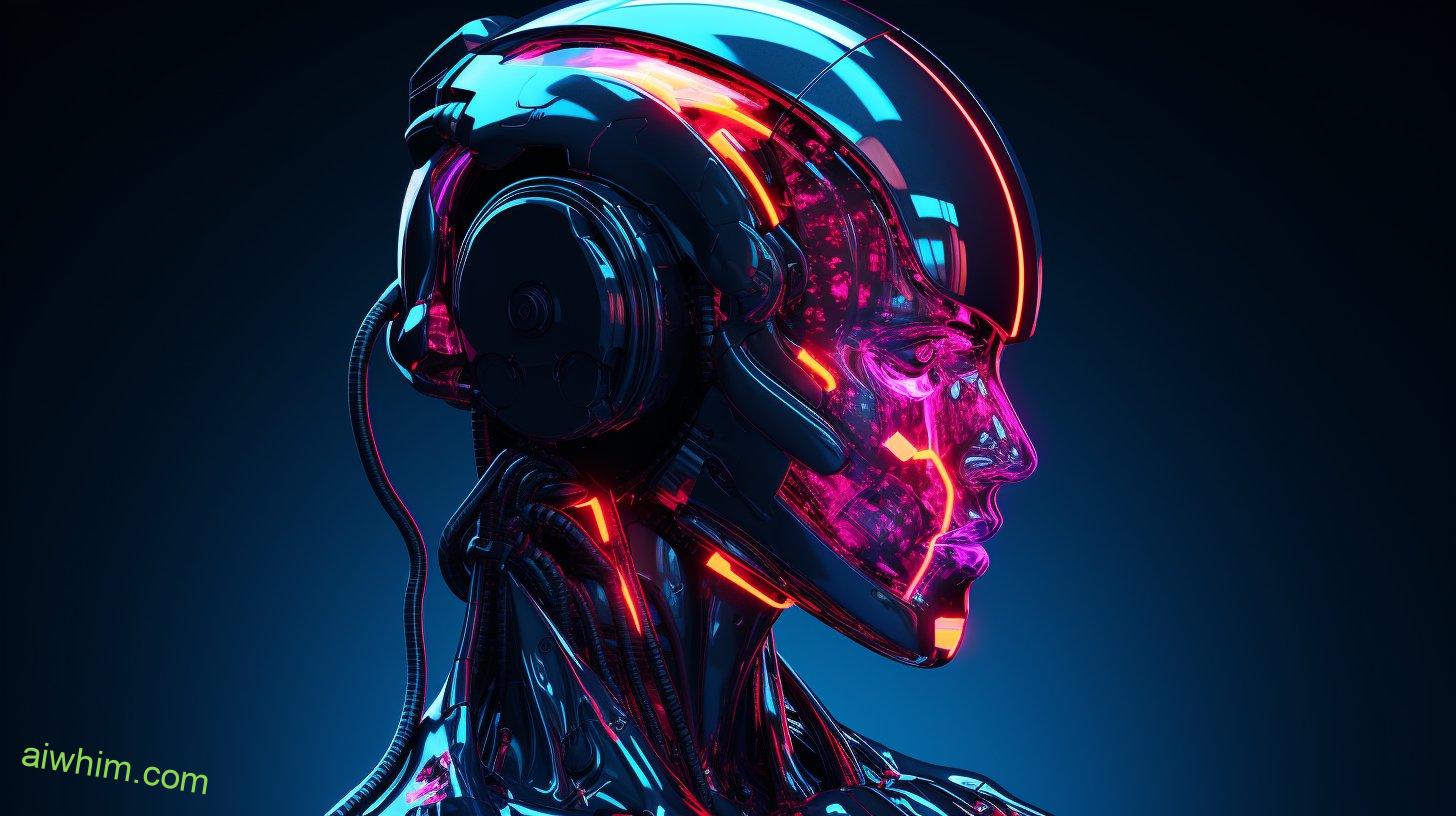
The Limitations of AI Algorithms in Sports Decision Making
So you’re curious about the limitations and challenges that AI algorithms face in sports decision making. Well, let’s dive right in and explore this intriguing topic.
While AI algorithms have made impressive strides in analyzing data and predicting outcomes, they do have their limitations. One major challenge is the inability to account for intangible factors that can greatly impact a game. Things like team chemistry, player motivation, and the unpredictable nature of sports can’t always be quantified and factored into the algorithms.
Another limitation lies in the reliance on historical data. AI algorithms are trained on past performances, but they struggle to adapt to changes in player performance or team dynamics. Sports are dynamic and ever-evolving, making it difficult for algorithms to accurately predict future outcomes based solely on past data.
Furthermore, the complexity of sports decision making goes beyond data analysis. Coaches and scouts possess invaluable experience, intuition, and a deep understanding of the game that can’t be replicated by algorithms alone. They can make split-second decisions based on their gut instincts, which is a skill that AI algorithms haven’t mastered yet.
In addition, AI algorithms require large amounts of high-quality data to operate effectively. In sports where data collection is limited or inconsistent, such as certain niche sports or lower-level leagues, algorithms may struggle to provide accurate insights.
Despite these limitations and challenges, AI algorithms still have the potential to enhance sports decision making. By working in conjunction with coaches and scouts, AI algorithms can provide valuable insights and assist in making more informed decisions. It’s all about finding the right balance between human expertise and AI technology to optimize performance on the field.
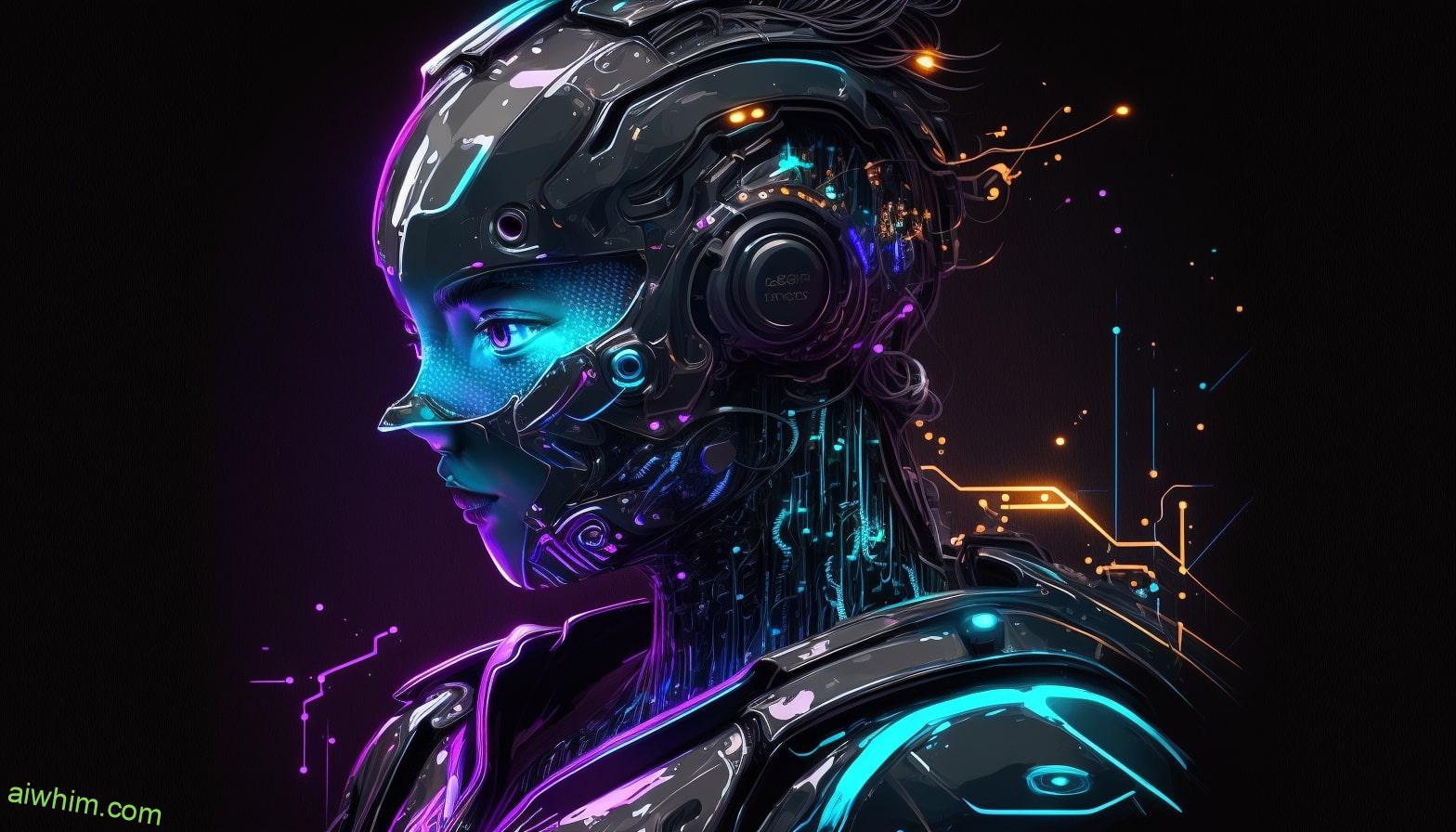
Balancing Human Expertise and AI Technology in Sports
You can achieve optimal performance on the field by finding the right balance between your expertise and the power of AI technology. By integrating AI algorithms into your sports decision-making process, you can enhance your abilities and make more informed choices. However, it’s important to remember that while AI technology can provide valuable insights, it should never replace human judgment.
Here are three reasons why balancing human expertise and AI technology is crucial in sports:
- Preserving the essence of the game: Sports aren’t just about numbers and statistics, but also about passion, creativity, and the human element. It’s the intuition and experience of coaches and scouts that bring a unique perspective to the game. By integrating AI technology, you can enhance your decision-making process while still preserving the essence and spirit of the sport.
- Adapting to unexpected situations: In sports, anything can happen. From unpredictable weather conditions to spontaneous changes in strategies, human judgment plays a vital role in adapting to these unforeseen circumstances. AI algorithms may struggle to handle the complexity and adaptability required in such situations, making human expertise essential.
- Maintaining ethical considerations: AI algorithms are only as good as the data they’re trained on. They can inadvertently perpetuate biases or create unfair advantages. Human judgment, on the other hand, takes into account ethical considerations and ensures fairness in decision-making processes.
By striking a balance between human expertise and AI technology, you can harness the power of technology while preserving the unique qualities that make sports so captivating.

The Future of Coaches and Scouts in an AI-Driven Sports Industry
As we look into the future of the sports industry, one can’t help but wonder about the role of coaches and scouts in an AI-driven world. How will their roles evolve? Will AI algorithms replace them completely? These questions are important to consider, especially when it comes to the impact on player development and redefining talent evaluation.
In this rapidly advancing technological era, AI algorithms have the potential to revolutionize player development. With the ability to analyze vast amounts of data in real-time, AI can provide valuable insights into an athlete’s performance, strengths, and weaknesses. Coaches and scouts can leverage this information to tailor training programs and strategies that maximize individual potential.
Moreover, AI algorithms have the power to redefine talent evaluation. Traditional scouting methods, while effective, are limited by human bias and subjectivity. AI, on the other hand, can analyze objective data without any preconceived notions, allowing for a more accurate assessment of an athlete’s true potential. This can lead to the discovery of hidden talents that may have been overlooked in the past.
However, it’s important to remember that AI algorithms are tools, not replacements for human expertise. Coaches and scouts bring a wealth of knowledge, experience, and intuition to the table that can’t be replicated by machines. Their ability to understand the nuances of the game, provide guidance, and foster a supportive environment is invaluable to the development of athletes.
In the AI-driven sports industry, coaches and scouts will need to adapt and embrace technology as a complementary tool. By leveraging AI algorithms to enhance player development and talent evaluation, they can unlock new levels of success. The future may be driven by AI, but it’s the fusion of human expertise and technology that will truly revolutionize the sports industry.
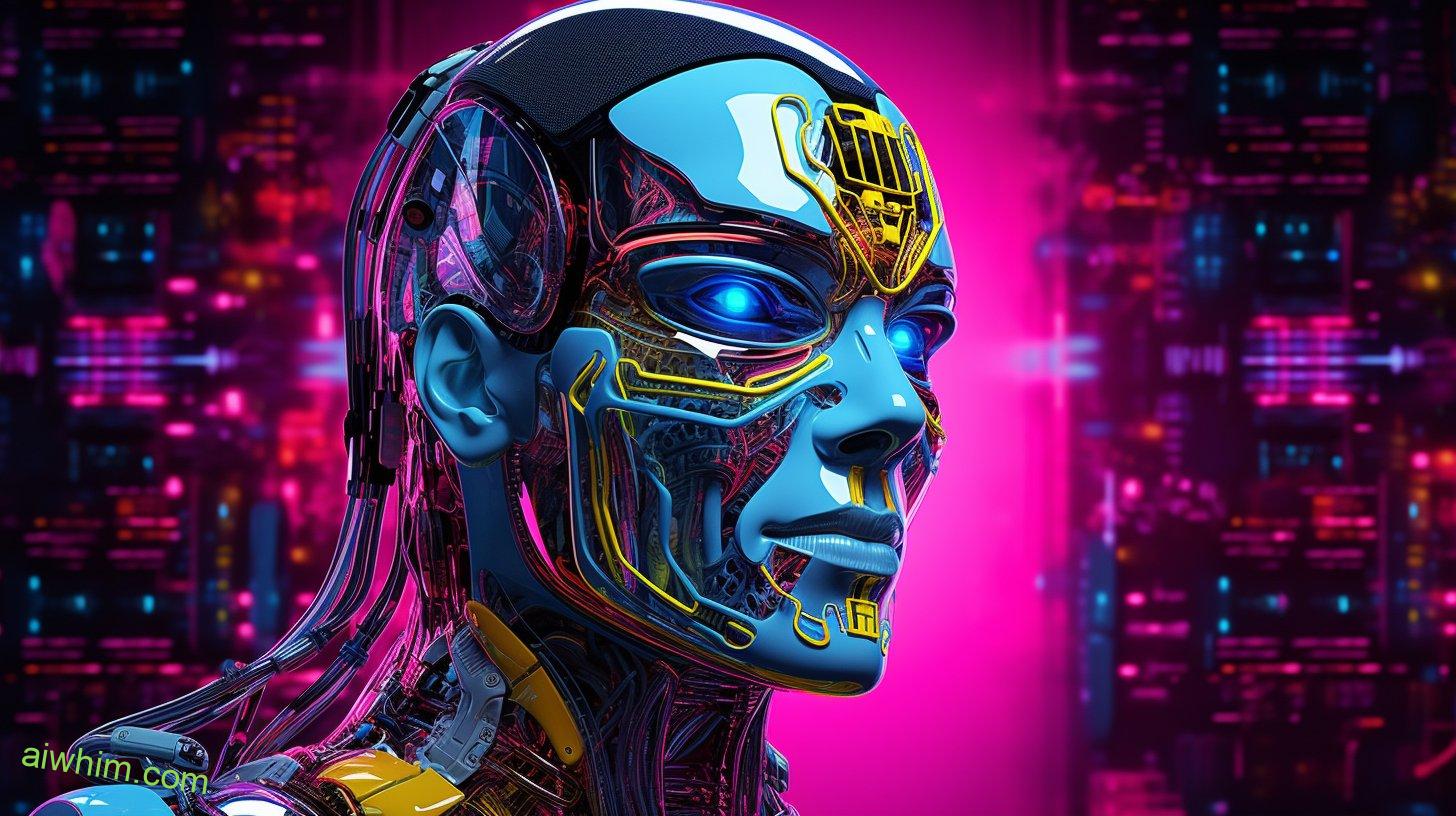
Frequently Asked Questions
How Does the Use of AI Algorithms in Sports Analytics Affect the Job Security of Coaches and Scouts?
The use of AI algorithms in sports analytics affects the job security of coaches and scouts, as it impacts the job market. However, AI brings benefits to player evaluation, providing a more efficient and accurate analysis.
What Are Some Potential Ethical Concerns Surrounding the Use of AI Algorithms in Player Evaluation?
When considering the ethical implications of using AI algorithms in player evaluation, it’s important to address bias concerns. These algorithms have the potential to perpetuate existing biases and may limit the freedom of athletes.
Can AI Algorithms Accurately Predict the Long-Term Potential of Young and Inexperienced Players?
AI algorithms can accurately predict the long-term potential of young and inexperienced players, but they have limitations. They rely on data and patterns, and may not account for intangibles like player chemistry or personal growth.
How Do AI Algorithms Factor in Intangible Qualities Like Leadership and Team Chemistry When Evaluating Players?
When it comes to player evaluation, AI algorithms have their limitations. While they can analyze data and stats, intangible qualities like leadership and team chemistry are harder to measure. That’s where coaches and scouts excel.
Will the Use of AI Algorithms in Sports Decision Making Eventually Lead to the Complete Elimination of Human Coaches and Scouts?
In the future, technology will play a significant role in sports decision making. It may lead to changes in the way coaches and scouts operate, but complete elimination seems unlikely.
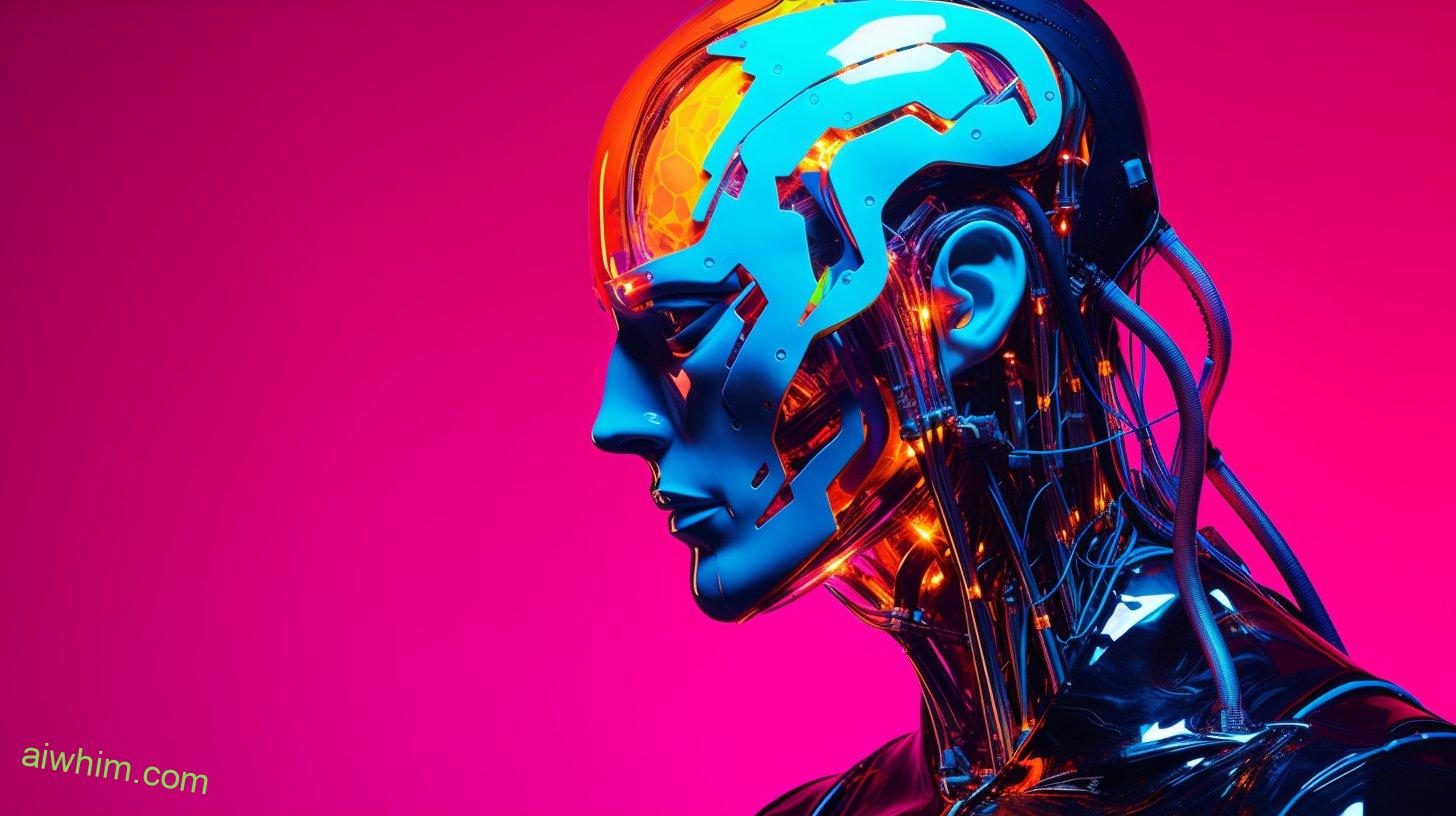
Conclusion
In conclusion, while AI algorithms have shown promise in analyzing player performance and assisting in team strategy, they can’t fully replace the expertise of coaches and scouts. The human element, with its intuition and understanding of the game, is still invaluable in making critical decisions.
While AI algorithms may continue to improve and provide valuable insights, the role of coaches and scouts remains vital in the ever-evolving world of sports. Their ability to nurture and develop talent will always be irreplaceable, making them the true MVPs of the game.

